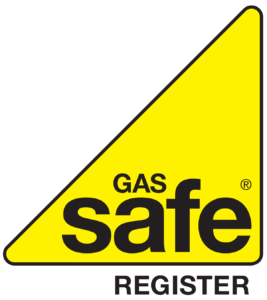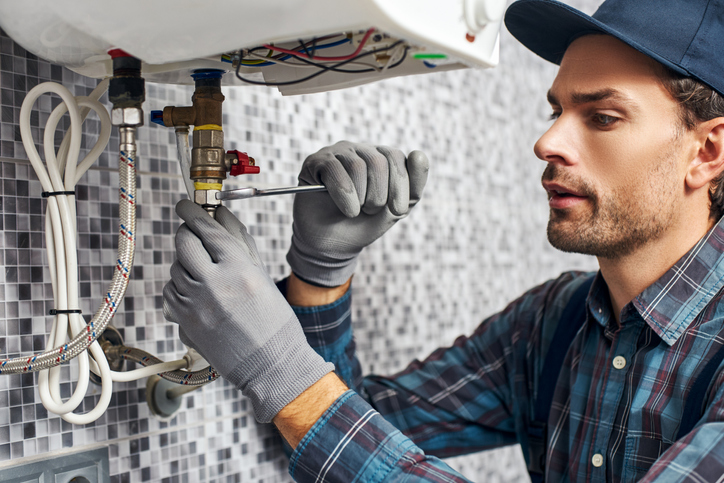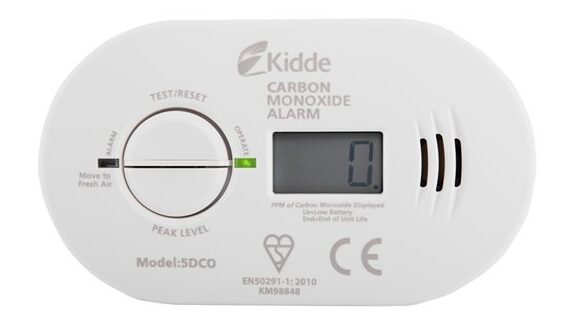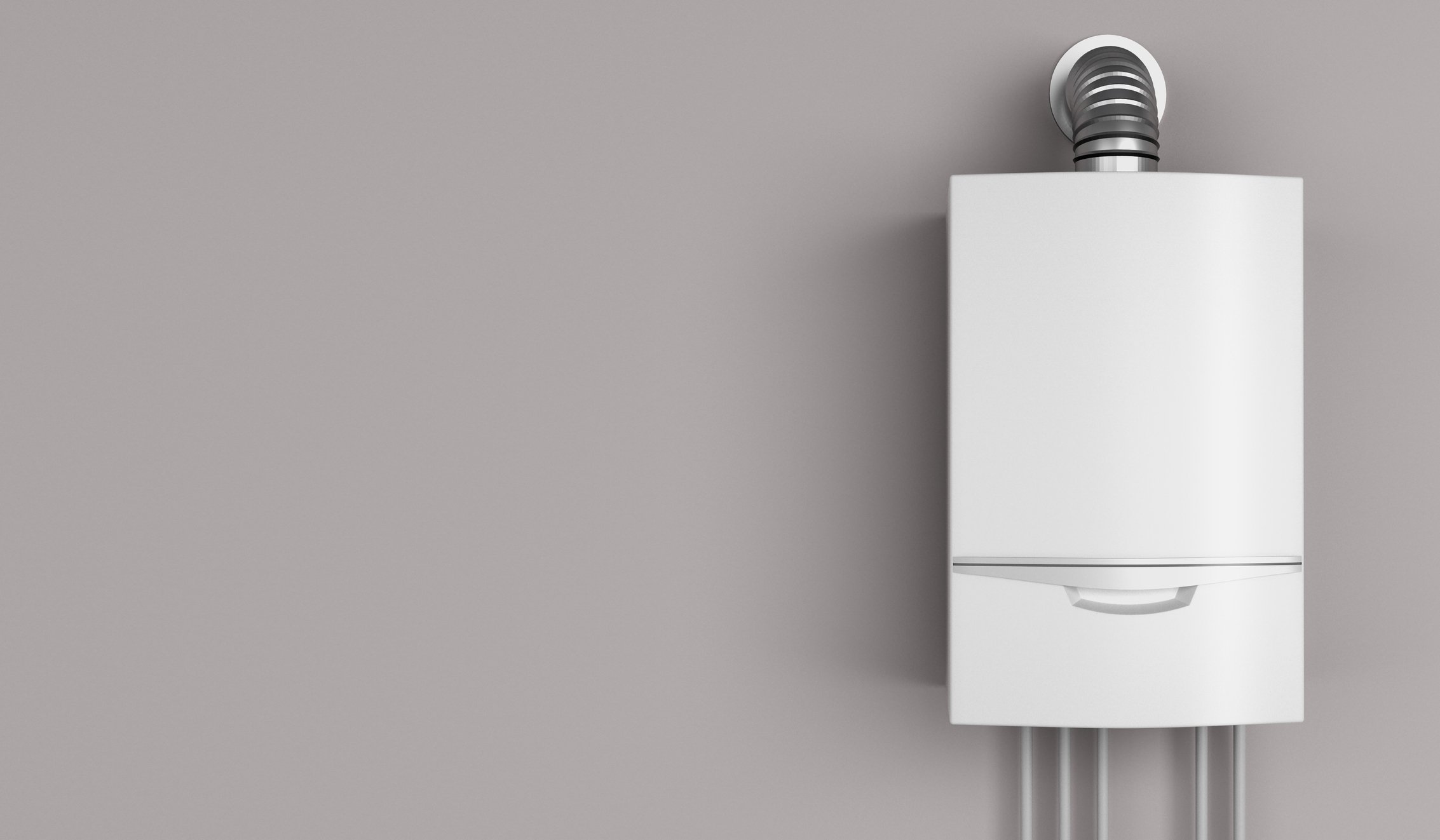Thursday 25th January 2024
Gas boilers, heaters, fires and cookers are common in households across the UK. However, many people are unaware of the dangers of poor maintenance of this type of appliance. Is your home gas safe?
Dangerous gas appliances
Faulty gas appliances can produce toxic carbon monoxide gas as a result of incomplete combustion. Carbon monoxide is odourless and colourless meaning that without a detector, its presence cannot be identified. Even if your gas burning appliances are regularly serviced by a qualified engineer, it is possible for faults to occur. Alongside maintaining household appliances, the best way to keep your home gas safe is to install a CO alarm.
Carbon Monoxide emissions from a poorly fitted, poorly ventilated or faulty gas appliance can be deadly. On average, 50 people in the UK are killed each year by CO poisoning, with 4,000 admitted to hospital. There are also an unknown number of people who have suffered some degree of carbon monoxide poisoning, and either do not report it or are mis-diagnosed as the symptoms are very similar to common flu.
Dangers of unqualified gas fitters
The Gas Safe Register has highlighted the dangers of unqualified fitters, reporting that when inspected by a registered Gas Safe Engineer, 79% of boilers originally installed by unqualified fitters are putting occupants at risk, or are classified as immediately dangerous. Similar statistics published by Gas Safety Week show that half of all gas fires inspected by a registered Gas Safe Engineer are unsafe.

Maintaining gas appliances
If you have a gas appliance, you should have it serviced every year. Always ensure that repairs or new installations are only carried out by a qualified and registered Gas Safe Engineer. Regular servicing is the best way to prevent faults, and keep your family safe from deadly CO gas. Check to see if loved ones and vulnerable friends or neighbours have an up to date gas safety certificate.

The Gas Safety watch dog is urging consumers to always check the credentials of any gas fitter. This should always be done before allowing them to do any work on a gas appliance. They are also asking the public to inform them of any rogue installers who are claiming to be qualified, but do not appear on the Gas Safety Register.
Get gas safe – Importance of installing CO alarms
You should always install a carbon monoxide alarm to protect your household from the risk of carbon monoxide poisoning, especially because carbon monoxide can travel through adjoining walls. Therefore, even if you don’t have any gas appliances, or are certain that every appliance in your home is gas safe, a detector is the only way to have complete peace of mind.
Many detectors have a long life, and so remain reliable for up to a decade. With options for audio and visual cues, there is an alarm suitable for everyone. Check that every CO alarm in your home is marked BS EN 50291 and displays the British Standards’ Kitemark. If you can’t see these markings, or need to replace an old device, you can find a selection of CO alarms on our website that are suitable for use at home.


